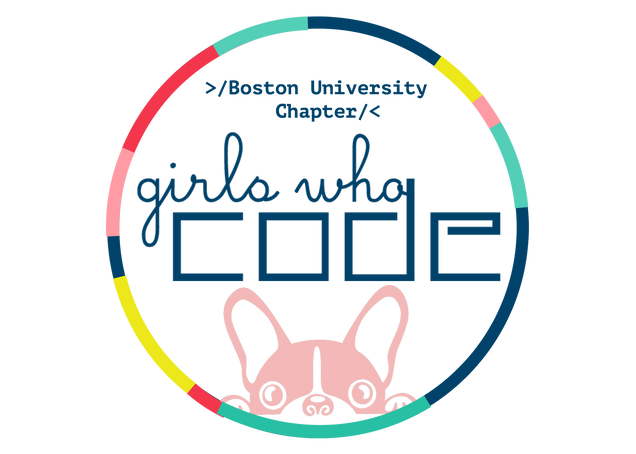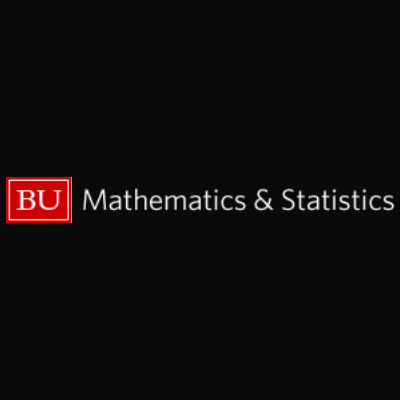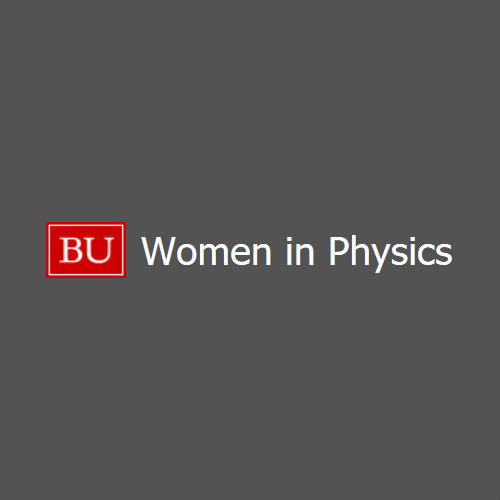Graduate
Graduate Student Programs & Resources
With 13,000 graduate students spread across BU’s Charles River, Medical Center and Fenway campuses, there’s definitely a need for up-to-date information and resources for these students. Below you’ll find the major community groups, programs, and resources that support BU graduate students generally and women graduates students in STEM in particular.
Community Groups
BU WIC | BU Women in Chemistry BU Girls Who Code GWISE | Graduate Women in Science and Engineering Gender Minorities in Mathematics & Statistics GradSWE | Society of Women Engineers for Graduate Students WALA | Women as Leaders in Astronomy WIP | Women in Physics BU WPDC | Women’s Professional Development Committee








Professional Development
Beyond Bystanders Workshop Series
The Beyond Bystanders workshop series provides male graduate students with the skills needed to identify, interrupt and prevent gender harassment in STEM academia, as well as with an open space where they can frankly talk about issues surrounding male allyship.
BU Center for Career Development
The Center for Career Development (CCD) provides a wide range of career development assistance, including: workshops on career-related topics, resume and cover letter reviews, mock interviews, individual career counseling sessions, and internship or job search strategies. And that’s only just some of the work the CCD does.
ENG Career Development Office
The College of Engineering’s Career Development Office (CDO) connects College of Engineering undergraduate and graduate students with employers for internships and full-time employment. The CDO helps students identify career options and provides services ranging from one-on-one counseling to career fairs and professional development workshops.
Graduate Affairs Office | PhD Professional Development
This section of the Graduate Affairs Office’s website discusses tools and resources helpful for PhD students such as individual development plans, professional development resources at BU, summer internships for PhD students, and BU’s Responsible Conduct of Research program.
Funding
Office of Fellowships & Scholarships
The Office of Fellowships & Scholarships provides information, outreach, and support to high-achieving Boston University students who may be candidates for nationally-competitive scholarships and fellowships.
ARROWS Student Organization Grants
The ARROWS Student Organization Grants program is designed to provide funds for events, projects, collaborations or activities to student groups, or individuals who will be working with a student group. These funded activities are intended to help advance BU students from underrepresented groups and communities, especially women in the STEM fields.
American Association of University Women | Fellowships and Grants
Each year, the American Association of University Women (AAUW) provides several funding opportunities for graduate women to conduct research and pursue degrees. The AAUW has seven established fellowships/grants, including the “Selected Professions Fellowship” which is for women pursuing master’s or professional degrees in fields where women are underrepresented, which includes STEM.
Mentoring/Outreach Programs
Women in STEM Mentoring Circles
The Women in STEM Mentoring Circles program seeks to create an environment in which undergraduate, graduate, and alumnae women across the STEM departments can have diverse discussions, support, networking, and resource sharing. Each mentoring circle meets once a month and is made up of undergraduate mentees and graduate student and/or alumni mentors.
Elementary School Girls Science Club | GWISE
Come volunteer with the Elementary School Girls Science Club, an outreach program developed and hosted by GWISE! We coordinate fun, hands-on activities for elementary school girls, which will convey important concepts in diverse STEM fields. Our goals are to help young girls gain a better understanding of basic scientific concepts and engineering principles, get them excited about science and engineering, and encourage them to pursue future careers in STEM fields.
Family Support
Office of Family Resources
The Office of Family Resources is committed to helping families manage the challenges of work life and family life. The office provides many resources and services to support families of the Boston University community.
Childcare and Preschool Education Programs
Boston University offers three early childhood education program options: The Boston University Children’s Center is a full-time program for children ages two to five years old. The Early Childhood Learning Lab, a preschool for children two years and nine months to five years old, is a part of the Early Childhood Education program at BU. Little Sprouts at BUMC is a full-time program for children ages 4 weeks through 5 years old.
Breastfeeding & Lactation Support
Boston University is committed to meeting the needs of mothers returning to work and ensuring that managers have the information they need to support them. This includes ensuring the availability of lactation rooms, located on both the CRC and MED campuses.
Childcare and Adoption for Full-time PhD Students
The childbirth and adoption accommodation policy for full-time or certified full-time PhD students in good academic standing provides for extensions for academic coursework and other requirements to the primary caregiver of an infant or adopted child. It also provides for a continuation of stipend support for funded students during the accommodation period.
Other
Graduate Affairs Office
The Office of the Associate Provost for Graduate Affairs provides leadership for the University’s graduate education initiatives, works to support interdisciplinary and cocurricular education and research, increase interdisciplinary and professional development opportunities for BU’s 13,000 graduate students, and nurture new collaborations between the Charles River Campus and the Medical Center Campus graduate programs.
Women’s, Gender, & Sexuality Studies Program
The Boston University Women’s, Gender, & Sexuality Studies (WGS) Program fosters interdisciplinary research and teaching related to the intersections of gender, sexuality, race, nationality, and other categories that organize and disorganize our lives. The WGS program offers a graduate certificate and WGS faculty work in and across the natural sciences, humanities, and social sciences.
